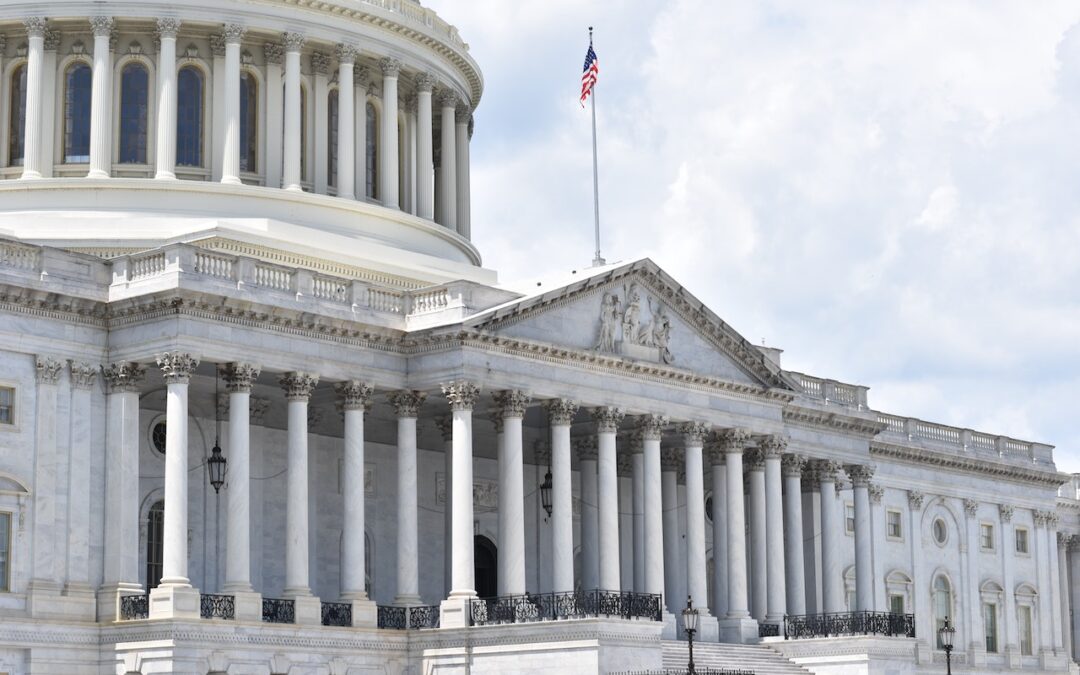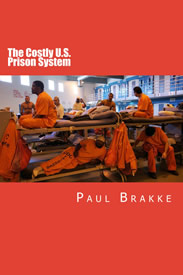FOR IMMEDIATE RELEASE
In all of the turmoil over investigations about Russian influence in U.S. elections and the attention paid to the bipartisan sentence reform act, another act passed by Congress has gone relatively unnoticed. However, according to criminal justice expert Paul Brakke, Congress’ recent passage of the Opioid Crisis Response Act of 2018 (OCRA) in October is an important step in combating the growing opioid use disorder which now has its own acronym – OUD.

It can help to ameliorate the housing and homeless crisis, although help to resolve this should go beyond just helping addicts.
As Brakke states, “By itself, OCRA isn’t enough to be the complete solution to the opioid epidemic, since drug users shouldn’t be treated preferentially for government aid. But it has some important key provisions along with funding that can help, and in the future, funding should additionally be expanded to help all of the homeless with housing.
At least, this legislation could pave the way to help end the housing crisis in many cities, since all of the homeless should be taken off the streets, so they no longer are an eyesore and embarrassment there. Moreover, this shouldn’t be just free housing, but recipients of aid should have to work for it, too.”
According to Brakke, the provisions of this current bill are the following:
- The act reauthorizes $500 million in funding each year to combat the opioid use disorder.
- The act provides for further access to treatment and recovery services for addicts.
- The act gives the National Institutes of Health the authority to more quickly authorize research on alternative pain therapies instead of opioids.
As Brakke points out, such provisions are sorely needed because of the huge number of deaths from the opioid epidemic. According to the National Vital Statistics System Mortality File, over 700,000 people died from drug overdoses between 1999 and 2017, and about 68% of over 70,200 drug overdose deaths in 2017 were due to an opioid. These numbers work out to an average of 130 Americans dying every day from an opioid overdose. “And that’s clearly unacceptable,” says Brakke.
Brakke also points out how this act will help to reduce homelessness, another growing crisis in cities around America. Citing an October article on the EndHomelessness.org website, “The Opioid Crisis Response Act of 2018: What Does It Mean for People Experiencing Homelessness” by Chandra Crawford, Brakke notes that the bill recognizes the importance of stable housing as a critical part treatment and recovery. “This is particularly important if people are currently homeless or could be. That’s why the Act encourages the states to pay for housing-related services for homeless people with OUD using Medicaid.
At the same time, an additional act should provide services to help all homeless people get off the streets. And part of the act should include a “work for services” provision, so this doesn’t become a free ride for the homeless. Then, too, if housing aid is given to addicts, it should be terminated after a year if they continue to use or haven’t found a job, since it’s not fair to give homeless addicts preferential housing assistance not available to the rest of the homeless.”
While this may seem like a policy to delight liberals, Brakke points out that conservatives will find much to like in this approach, because homelessness negatively impacts local businesses and a city’s economy as a whole. “For example, people who are homeless and have a drug problem contribute to the general deterioration of the neighborhood by shooting up and leaving needles on the street. Or they end up in jail or prison for selling drugs to support their habit. So helping the homeless through this act is not only a more humane approach to dealing with the opioid crisis, but it makes perfect economic sense to do so, resulting in a cleaner city, a stronger retail community, and more sales from tourists.”
Brakke also points to the way the Act is designed to achieve these goals of getting the homeless with a drug problem off the streets and into housing, citing Crawford’s article on “The Opioid Crisis Response Act of 2018.” For example, the Secretary of Health and Human Services (HHS) is supposed to issue a report to Congress in a year highlighting the new programs from the states that have led to better treatment outcomes or increased housing stability through providing Medicaid for people who are homeless and have OUD. Additionally HHS plans to provide technical assistance to help the states develop or expand their housing supports from such homeless people with OUD.
Still another benefit of the act is that it authorizes community block grants through 2023 to provide funds for temporary housing for up to two years for this group of homeless people with OUD who are in treatment. The pilot program is designed to help states with the highest rates of drug overdose deaths combined with other factors, such as having a high rate of unemployment.
As Brakke observes, “Thus, this act both helps the homeless with a drug problem and the local economy where joblessness is high. In fact, there is a close connection with these two problems, in that helping the homeless overcome their drug problem and find housing can help them find jobs.”
Brakke is particularly supportive of this act as a first step to overcome homeless generally, because of his research on the opioid crisis, which he has written about in a chapter in Crime in America and in Dealing with Illegal Immigration and the Opioid Crisis. He is also planning a future more in depth analysis of this problem. In writing his books and working as a consultant, Brakke brings to the table a unique conservative approach to crime, criminal justice, and American society.
That’s in contrast to the liberals, who usually discuss ways to reform the system through more of a social welfare approach. Brakke’s approach is based on an economic business model of doing what works most efficiently to both cut down costs and create more productive citizens. He is now bringing his unique approach to his forthcoming book Fractured America, dealing with the many divisions that are tearing America apart and how to heal these divisions. It will be published in early February.
Since publishing Crime in America, Brakke has made 35 videos featuring highlights from the book which are available on the American Leadership Books YouTube channel
To learn more, you can get a copy of Crime in America, with a chapter on the opioid crisis. The book is available through Amazon, Kindle, and major bookstores. It is currently available on Kindle at a reduced price during its special KDP Select Promotion at
https://www.amazon.com/Crime-America-Conservatives-Approaches-Criminals-ebook/dp/B07MKZG84Z.
Also, free copies are available for government officials who are seeking ways to reduce crime and fix the criminal justice system and for members of the media at crimeinamericathebook.com.
For media copies of the book, more information on American Leadership Books and Paul Brakke, and to set up interviews, please contact:




